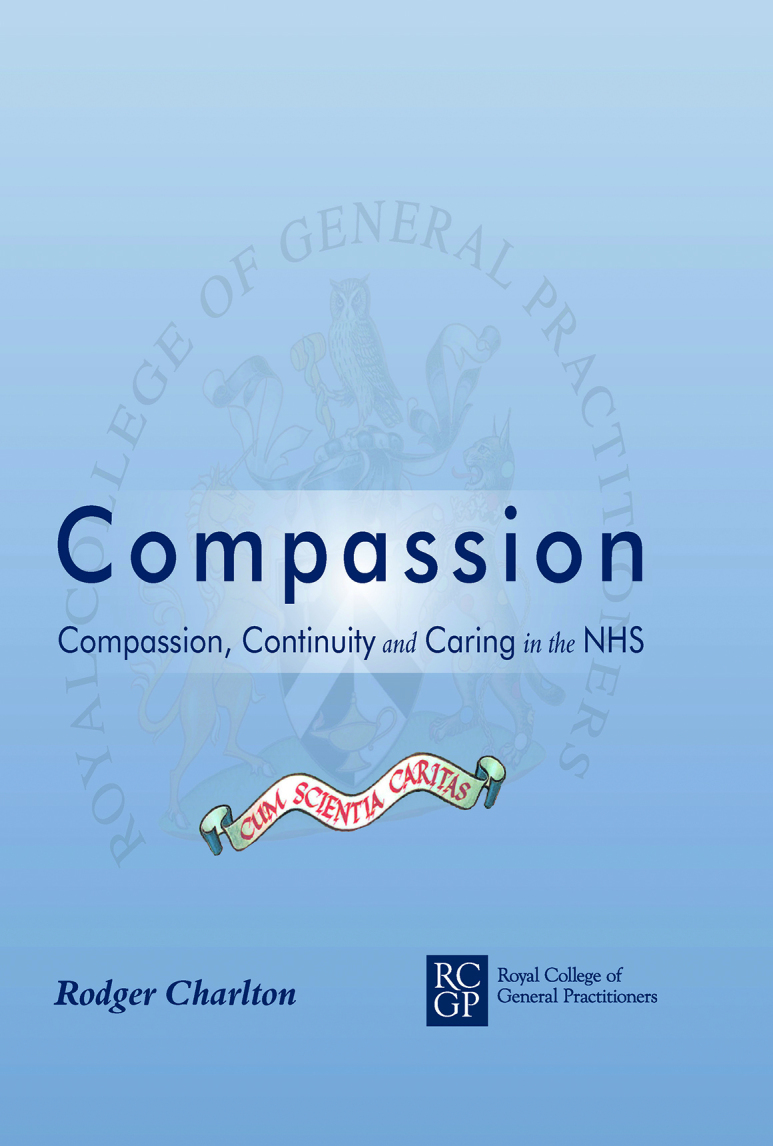
This book, an anthology of essays, responds to a perceived lack of compassion in NHS care. Compassion, like empathy, is difficult to define and the terms are often used interchangeably. The book begins with a moving story of a husband’s experience of his wife’s care, illustrating the importance of having a physician who is truly engaged with the patient.
The atrophy of compassion is linked to a competitive culture that can drive undergraduates to become strategic learners. Work-based pressures such as targets, lack of time, lack of continuity, and guidelines may also threaten a compassionate approach. Millard asserts that the best skill nurses have is kindness and that compassion is floundering in a sea of audit and outcome measures.
Perspectives from long-term care, end-of-life care, and GP training and selection add to the richness of the book. Nolan asks whether modern preoccupations with evidence-based medicine and access to GP care lead to a lack of awareness that there is a problem with incorporating compassion. He puts forward an interesting concept of ‘unconditional doctoring’ featuring patience, understanding, and care.
Doctors and students can be encouraged to talk about their feelings. Patients often do and it should affect us emotionally — it is disingenuous to say otherwise. Bennison reminds doctors that they need compassion, without which they can become detached in busyness, cynicism, stress, and burnout. A chapter on mindfulness includes a brief meditation for everyday use. Ballat writes of ‘intelligent kindness’ and reflects that clinical care is a relational task. A virtuous kinship cycle is described showing how trust depends on empathy and leads to a better therapeutic alliance.
Gunderman adopts a novel approach in an amusing chapter that carries a serious message, on ‘how to discourage a doctor’. He looks at how bureaucratic organisations can transform previously independent doctors into employees and induce ‘learned helplessness’.
After discussion on the new professionalism Charlton winds up this thoughtful collection by concluding that the best doctors are those who seek to understand the patient’s plight.


